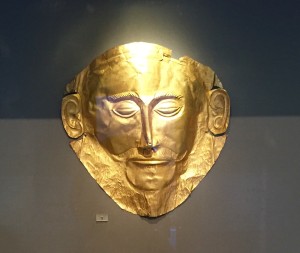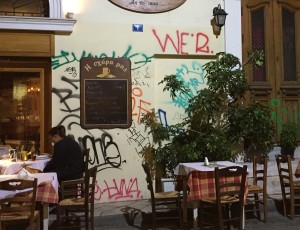How Nations Fail
As British John Stuart Mill’s once said, “The Battle of Marathon even as an event in British history, is more important than the Battle of Hastings.” And indeed when you begin to realize the importance of ancient Greek civilization, that statement only becomes more poignant.

Relics from a once wealthy civilization. The Mask of Agamemnon is an artifact discovered at Mycenae in 1876 by Heinrich Schliemann. The artifact is a funeral mask made in gold, and was found over the face of a body located in a burial shaft, designated Grave V, at the site “Grave Circle A, Mycenae”.
During Ancient Greece, many foundations of contemporary Western civilization were established. From Solon and Lycurgus (of Sparta) with their vision of governments structured around a foundation of “checks and balances,” to leaders such as Pericles who would fundamentally change what it meant to run a nation, ancient Greece has more influence on modern America than many of us care to acknowledge.
Visiting Athens you can see the remnants of this great civilization. Beginning with an Acropolis, towering above the center of Athens, the remnants of giants before still exist and are surprisingly well preserved (considering their tumultuous history). A walk through the Acropolis allows you to take a step back and simply admire a location that was once (and really still is) a pillar of Western society. Peering out over the vast sprawl of Athens (it is said you can see one-third of the whole population of Greece from its summit) you can only imagine what it would have been like to live in the age of Socrates and Pythagoras.
As you descend the steps down the hill you are treated to even more history as you see the Roman additions to this stunning area. The Roman Agora and The Library of Hadrian are beautiful ruins that lie right in the middle of the city. In fact is quite incredible. On one street block you will have little street vendors and Souvlaki stands and on the next the ruins of the one of the great ages in all human history.

Me at the Parthenon. It is dedicated to the goddess Athena, whom the people of Athens considered their patron. Construction began in 447 BC when the Athenian Empire was at the peak of its power.
But as you continue your hike down the hill, it only takes a few more blocks before you come face to face with the Greece of today. Graffiti riddles the walls of downtown and you can find homeless individuals sleeping on just about every street corner. The atmosphere does not feel dangerous per se but the rampant graffiti seems to give an eerie sense that this is country a long ways removed from its former role as the leader of the free world (the Greek empire of what is now Southern Italy, Greece, Croatia, Turkey and Crete). But even more striking is just how far removed it feels from the rest of Europe today.
Greece’s decision to join the Eurozone in 1999 was supposed to bring the nation closer to the economic standards of the rest of Europe, to bind the continent together as a whole. Today this is far from true. Greece is the pariah of the Eurozone. Since Greece’s announced in October 2009 that it had been understating its deficit figures for years thus causing a freeze on international lending, the nation has been on the verge of bankruptcy.

Here is the vandalized side of a restaurant that was featured in Athens Michelin guide just a few years ago.
But to avert calamity, the so-called troika — the International Monetary Fund, the European Central Bank and the European Commission — issued the first of two international bailouts for Greece in 2010, which would eventually total more than 240 billion euros, or about $264 billion at today’s exchange rates.
However this money came with stipulations. As the New York Times writes, “The bailouts came with conditions. Lenders imposed harsh austerity terms, requiring deep budget cuts and steep tax increases. They also required Greece to overhaul its economy by streamlining the government, ending tax evasion and making Greece an easier place to do business.”

Anti-German sentiment is often times tangible. Here is some anti-German graffiti on the side of a University building in Athens.
This brings us to Greece today. With Germany leading the call for stricter austerity measures, the Greek social system has virtually no money as unemployment reaches a staggering %25.Furthermore their economy has shrunk by a quarter in the past five years and their debt (a sixth of which is owed to Germany) now totals about %175 of their national GDP. All this means that the outlook on mainland Greece is bleak (however note that I found little of this issues in the tourist-driven economies of the popular Greek islands which many in fact befit from British & Chinese visitors as a result of the depreciated Euro).
Today the nation faces constant economic uncertainty as discussion about leaving the Eurozone are being discussed. And while leaving seems unlikely, Germany & the troika’s influence on Greek politics seem to only grow larger in the coming years. Which in all likelihood means even more social cuts for the people of Greece. Thus while the future is unclear, what is certain that for now the residents of Athens are living in a difficult period. Far removed from the wealth of Classical Greece and the leadership of Pericles, it is not known what the coming years hold for Greece but considering the disorder that exists today, you would have to imagine that it will be in stark contrast to the grandeur of Greece’s past.
– Robert Yeagle

